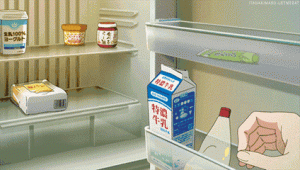
Many families have had such a nightmare experience: every time the refrigerator is opened, there is always a strange smell rushing to the face… Even the shelf life of some fruits and vegetables is shorter than before.
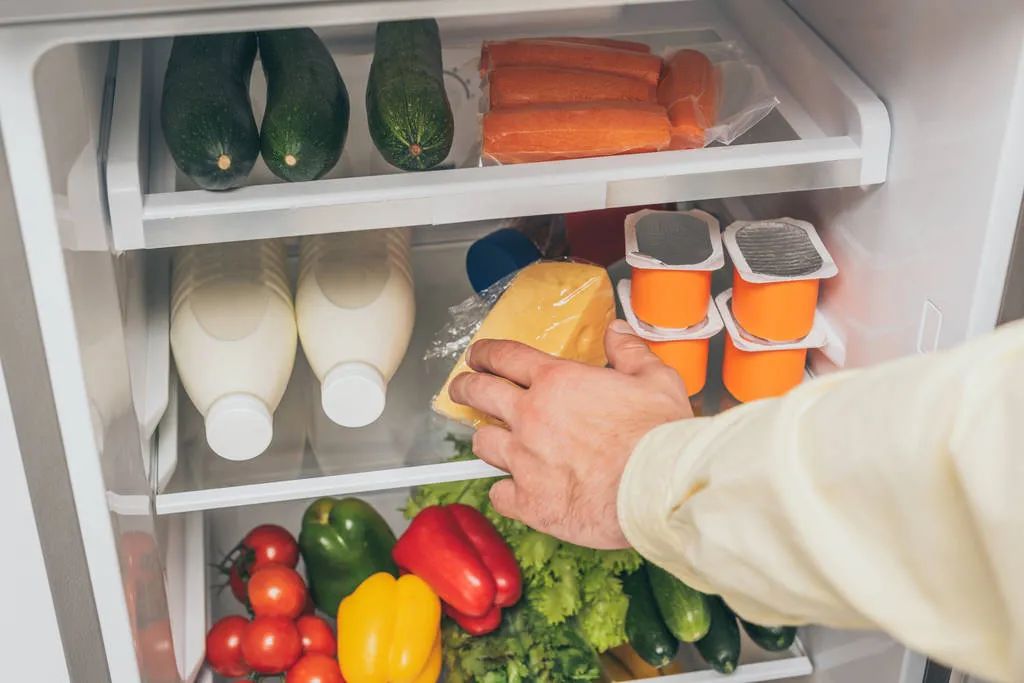
The food in the refrigerator is evidently fresh, why does it smell? Where does the peculiar smell in the refrigerator come from?
Where does the peculiar smell in the refrigerator come from
Why does a refrigerator that store delicious food emit an inexplicable smell? In fact, the peculiar smell you smell probably comes from them:
01. The smell of the food itself
Every food has its own smell. Some food will have a strong smell, such as garlic moss, durian, onion, sausage and so on. These odors will remain in the refrigerator for a period of time and will not disperse easily.
02. Bacterial metabolism
The bacteria in the refrigerator just grow slowly, not that it doesn’t grow anymore.
The “Family Hygiene Report” surveyed by the Global Health Council pointed out that 46% of household refrigerators have excessive bacteria, including Escherichia coli, Salmonella and Listeria, and regular cleaning is very important.
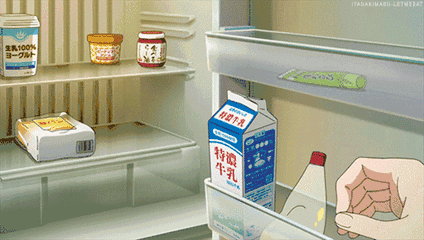
Bacteria metabolize to produce gases, such as hydrogen sulfide and methylamine. The peculiar smell of the refrigerator comes from them.
The gas produced by these bacteria is not only unpleasant, but eating food contaminated by them can also be a threat to human health.
There are bacteria such as Listeria monocytogenes in raw food, and their viability is strong. They can still survive in a refrigerated environment at 0 to 4°C, even at -20°C for one year.
Listeria is mainly infected by food. Meat, eggs, poultry, milk and seafood can be the source of infection. It can also be found in soil, water and even animal feces.
It is especially worth attention that this bacteria can tolerate a wide range of growth temperatures, ranging from 2°C to 42°C. It can grow slowly at 0°C and can even survive for one year in the freezer.
Listeria has a strong ability to invade. It can cause diarrhea in some cases and even life-threatening in severe cases.
03. Food spoilage
Food will deteriorate in the refrigerator after a long time storage. In the process of deterioration, the food will also release some odorous gases.
For example, tofu will affect the changes of oxygenated compounds and release high-content amine gases during the spoilage period. Green vegetables will affect the changes in alcohols and amines, and the gas released will have a greater smell.
4 kinds of usage habits will aggravate the peculiar smell of the refrigerator
Poor storage habits are not only detrimental to food preservation, but also cause bacteria to multiply and steal your health. The following usage habits will double the bacteria in the refrigerator.
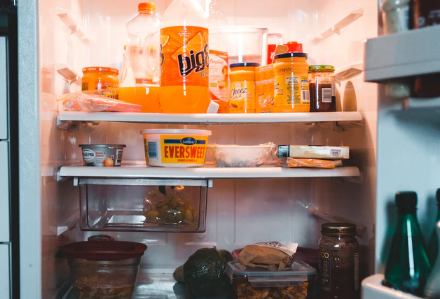
01. Put leftovers directly in the refrigerator
Put the food directly on the plate and stuff it into the refrigerator. If there is not enough space, pile up the plates and bowls one after another. This will not only cause food odor, but also easily spill the food and provide conditions for the growth of bacteria.
Right way: it is best to put leftovers in a fresh-keeping box with a lid, and the capacity should be more than 1/2 of the volume occupied by the food.
02. Put vegetables directly into the fruit and vegetable box
Vegetables can be kept fresh and tender in the refrigerator, but if you buy them directly into the fruit and vegetable box, the water will evaporate, the surface will shrink, the leaves will wilt, and the microorganisms on different varieties of vegetables will cross-contaminate.
The correct method: Wrap each kind of vegetable with two layers of soft paper, and then put them in separate plastic bags, and tie them loosely.
03. Repeated defrosting of meat
Once the food in the freezer is brought into contact with the air at room temperature, the dormant bacteria begin to multiply.
Even if it is put into the freezer again, the propagation speed of bacteria slows down, but the total amount has increased, and the nutrition and flavor will be impaired.
The correct method: Before freezing, cut the meat into appropriate sizes, pack them into bags and freeze them separately, take out one piece and thawed it before eating.
04. Unsealed food
Unfinished milk, unfinished sauces, etc., if they are put directly into the refrigerator without sealing or lidding, there is a greater risk of cross-contamination, which will accelerate the oxidation and deterioration of food.
Correct way: After squeezing the air out of the bag of milk, fold it in three at the opening. Keep it for no more than 24 hours and heat and sterilize it before drinking.
After opening the container, orange juice and other beverages should be tightly closed and refrigerated, generally not exceeding 48 hours.
Seven ways to remove odors and avoid Listeria
Regularly cleaning the refrigerator is not only to remove odors, but also for the sake of health and safety. There are seven points to pay attention to when using the refrigerator correctly:
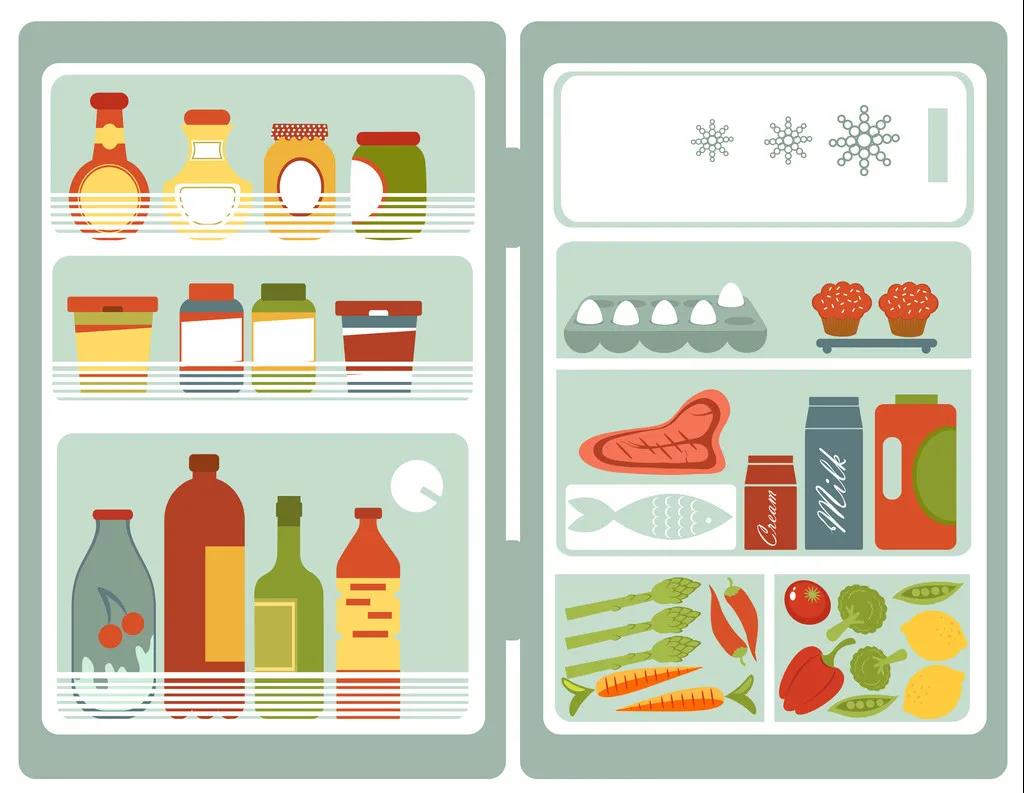
01. The refrigerator should be defrosted and cleaned regularly to keep it clean. Pay attention to the temperature of the refrigerator and try to keep it below 4°C.
02. To prevent food from odor, wrap the food tightly in a plastic bag or plastic wrap before storing it in the refrigerator.
03. Separate raw and cooked food. It is best to cut the meat into several portions before putting it into the frozen layer, and take it in portions each time; cooked food, leftovers, etc. are placed on the upper layer of the refrigerator, and fruits and vegetables are best placed on the lower layer.
04. Microorganisms will multiply rapidly during the thawing process. Meat that has been thawed should not be returned to the refrigerator. It is recommended to eat as much as you want.
05. Meat should be thawed thoroughly before cooking and fully cooked to eliminate potential microorganisms.
06. Store different foods in different locations. Don’t be afraid of freezing soy products, milk, and leftovers. Vegetables, fruits and other foods that are afraid of freezing can be kept outside. The open part of the refrigerator has the highest temperature and is suitable for non-perishable foods, such as eggs, cheese, dried fish, dried shrimps, sea rice, etc.
07. Try to buy proper amount of food and eat them up and don’t stock up too much food. Wash your hands before and after handling food, before eating, and after going to the toilet.
When cleaning the refrigerator, cut off the power first, take out all the food, clean it with a clean cloth or wet wipes, and try not to clean it with disinfectant to avoid secondary pollution.
Clean up the leftovers in the refrigerator in time, especially if there are too many leftovers after the new year. Long-term storage will not only breed microorganisms, but also greatly reduce the nutritional value.
Another detail is the adhesive strip on the refrigerator door, which is easily contaminated by vegetable juices. It is recommended to use a cotton swab dipped in alcohol to wipe it.
Comments